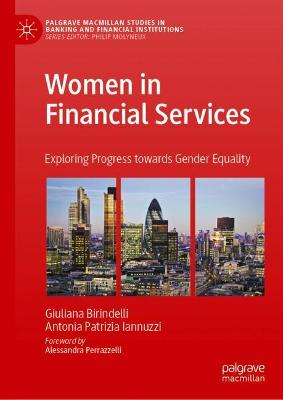Palgrave Macmillan Studies in Banking and Financial Institutions
3 total works
Operational Risk Management in Banks
by Giuliana Birindelli and Paola Ferretti
This book analyses the connections between the banking industry in Europe and the companies it finances. Ferretti specifically studies how these bonds have evolved over time and questions whether now is the time for a change in the relationship’s dynamics. Chapters discuss the role of bank lending in firms’ financing during the recent financial crisis, as well as issues in credit risk management. The discussion also examines regulatory requirements impacting banks and firms (Basel III) and how they intersect with banks’ internal purposes. Moreover, the book explores how the financial crisis has impacted the relationship between banks and businesses, and seeks to identify the strengths and weaknesses inherent to it. Through this timely discussion, Ferretti looks to the future of the relationship between banks and non-financial organizations to see how they can be revitalised, adapted and reimagined in a post-crisis economy.
Women in Financial Services
by Giuliana Birindelli and Antonia Patrizia Iannuzzi
This book explores gender diversity in the financial system, focusing especially on regulations, disclosure standards, theories and literature on the relationship between women in atypical positions and bank performance, female representation in governance bodies of banks and insurance companies, the gender pay gap and the gender balance in Central Banks. The topics are examined highlighting the progress towards gender equality (SDG 5) and the room for improvement in financial services with implications for policymakers, regulators and researchers in both finance and gender studies.


